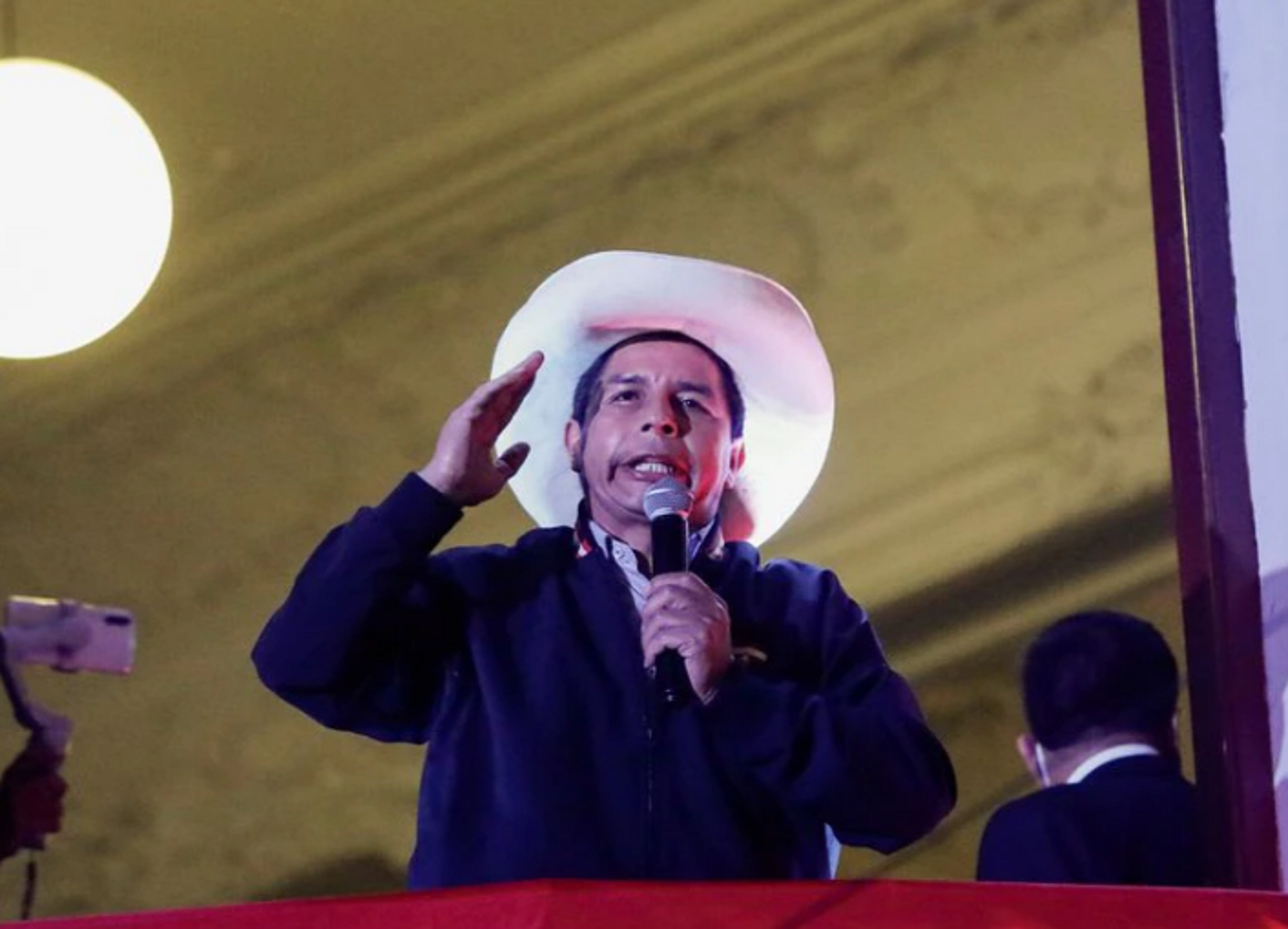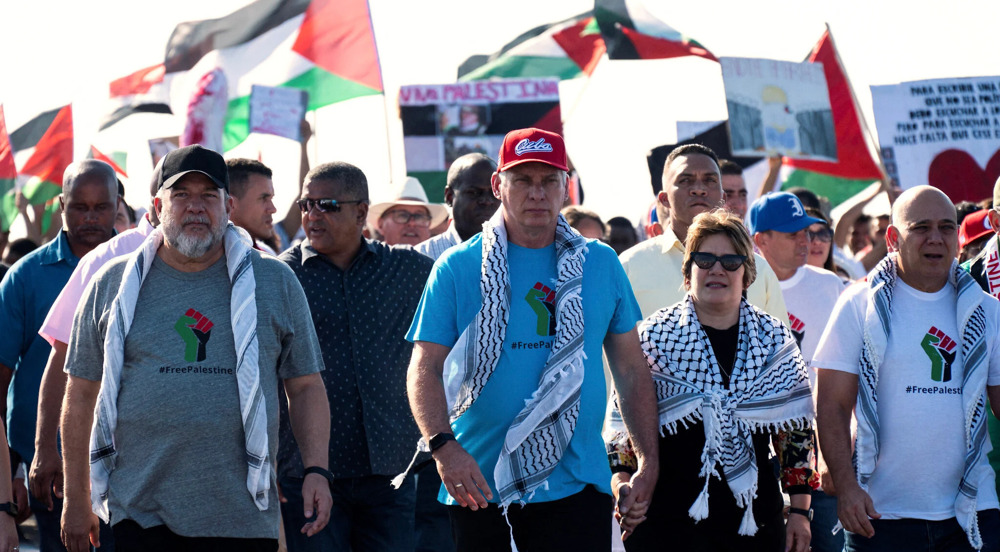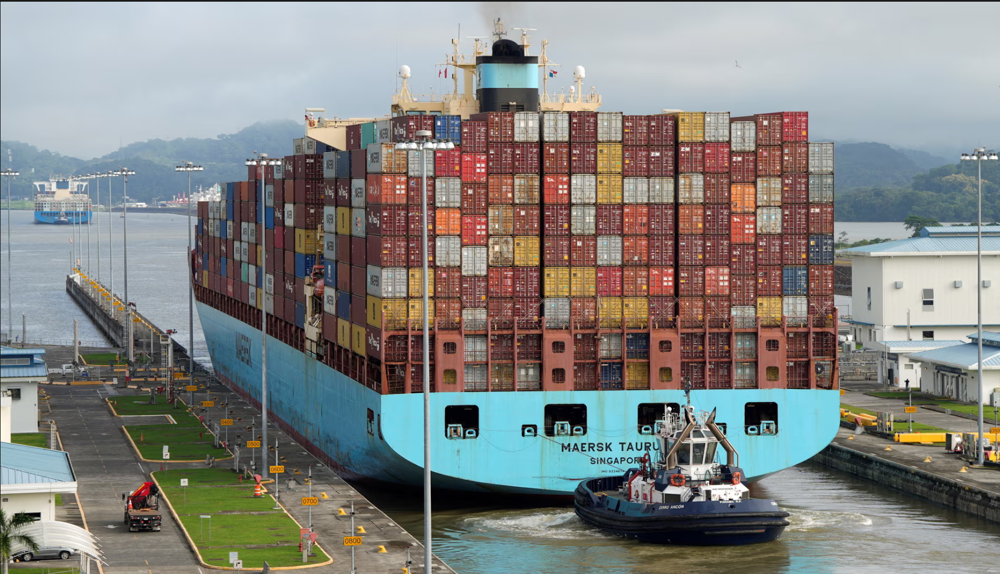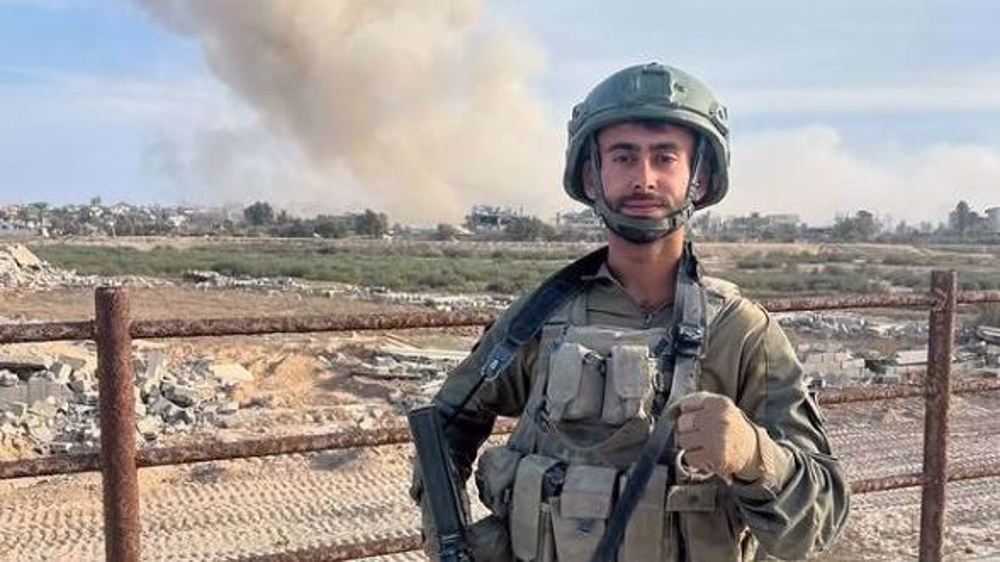Peru waits for next president as vote count nears completion
Peruvians were still waiting on Monday for their next president to be confirmed, more than a week after a polarizing run-off vote, with socialist Pedro Castillo clinging to a narrow lead that would tilt the country firmly to the left.
The election count, which has increased by less than 0.02% since Saturday and stands at 99.953% tallied, showed the former teacher with 50.14% of the vote, fewer than 50,000 votes ahead of right-wing rival Keiko Fujimori.
Fujimori has alleged electoral fraud, without offering any concrete proof for her claim.
Castillo, 51, little-known before a surprise win in the first-round vote in April, has rattled the copper-rich Andean country's political and business elite with plans to redraft the constitution and sharply hike taxes on mining.
He has said Peruvians have already "chosen their path" and his far-left Free Peru party has hailed victory, despite attempts by Fujimori to annul some votes that went against her, holding up the official confirmation of the result.
It is still unclear when the country's electoral body will formally announce the winner, though Castillo has called for the count to be wrapped up quickly to end the uncertainty.
Fujimori, 46, daughter of ex-president Alberto Fujimori, who is serving jail time for corruption and human rights abuses, has vowed to fight until the last vote is counted.
Listening to the radio on the vote count in her corner store in Lima, Magaly Roca said she voted for Castillo in the second round although he was not initially her preferred candidate. Fujimori was even less so, she said.
"She's been putting up too many obstacles," said the 42-year-old. "All the time she had the majority in Congress, she blocked everything. She's the reason we haven't moved forward before. I don't consider her capable of ruling."
Carlos Gurmendi, 66, who works as a porter in a residential district, said he had reluctantly cast his vote for Fujimori. "I voted for the lesser of two evils," he said.
Gurmendi considers the political situation an embarrassment but adds that "there could have been fraud, it wouldn't be anything unusual."
Castillo's party has rejected Fujimori's fraud accusations and international observers in Lima have said that the elections were carried out cleanly.
Mixed views
If confirmed, Castillo's win would be a boon to the region's political left. The socialist, who hails from a poor area of northern Peru, has galvanized rural voters who feel left behind in the country's growth story.
Flavio Quispe, who is originally from Puno in southern Peru but now runs a small business in the capital, said he voted for Castillo.
"The people were abandoned," said the 70-year-old of the government in his home province. "They made so many promises but not even water arrived."
In a busy Lima market where her family had been selling fresh fish for more than three decades, Monica said she had not voted in the run-off, but she was worried about drastic changes under Castillo.
Castillo has sought to appease financial markets with a moderate-left platform, but it remains unclear if his administration will ultimately revert to the party's roots as a far-left organization.
A Venezuelan migrant working as a manicurist said she was "terrified" of a Castillo presidency. She declined to give her name for fear of deportation as she had been living in Peru undocumented since 2019.
Rising levels of poverty have also cast a harsh spotlight on inequality between the poor and traditional political elites, which has been intensified by the world's deadliest per capita COVID-19 outbreak.
Marches by supporters of both candidates have broken out in Lima over the past week, with voters in favor of Castillo arriving from rural areas and Fujimori supporters backing her accusations of fraud.
United Nations Human Rights chief Michelle Bachelet expressed concern about increasing tensions.
"Electoral institutions and the decisions they make must be respected and accepted," she tweeted. "If the rules of democracy are not accepted before, during and after the elections, it can create dangerous cracks in social cohesion."
(Source: Reuters)
Hamas thanks Iran, Resistance Front following achievement of ceasefire in Gaza
'Capitulation': Israeli officials and media concede Gaza defeat as truce unfolds
'Gaza has won': Social media users react to ceasefire with mix of relief, joy
Iran seeks South Korea’s assistance for AI, fiber-optic projects
VIDEO | Iran's 'Eqtedar' (Power) maneuver
Israel hits HTS military target in Syria for 1st time since fall of Assad
VIDEO | Press TV's news headlines
Israel has slaughtered 13,000 students in Gaza, West Bank










 This makes it easy to access the Press TV website
This makes it easy to access the Press TV website